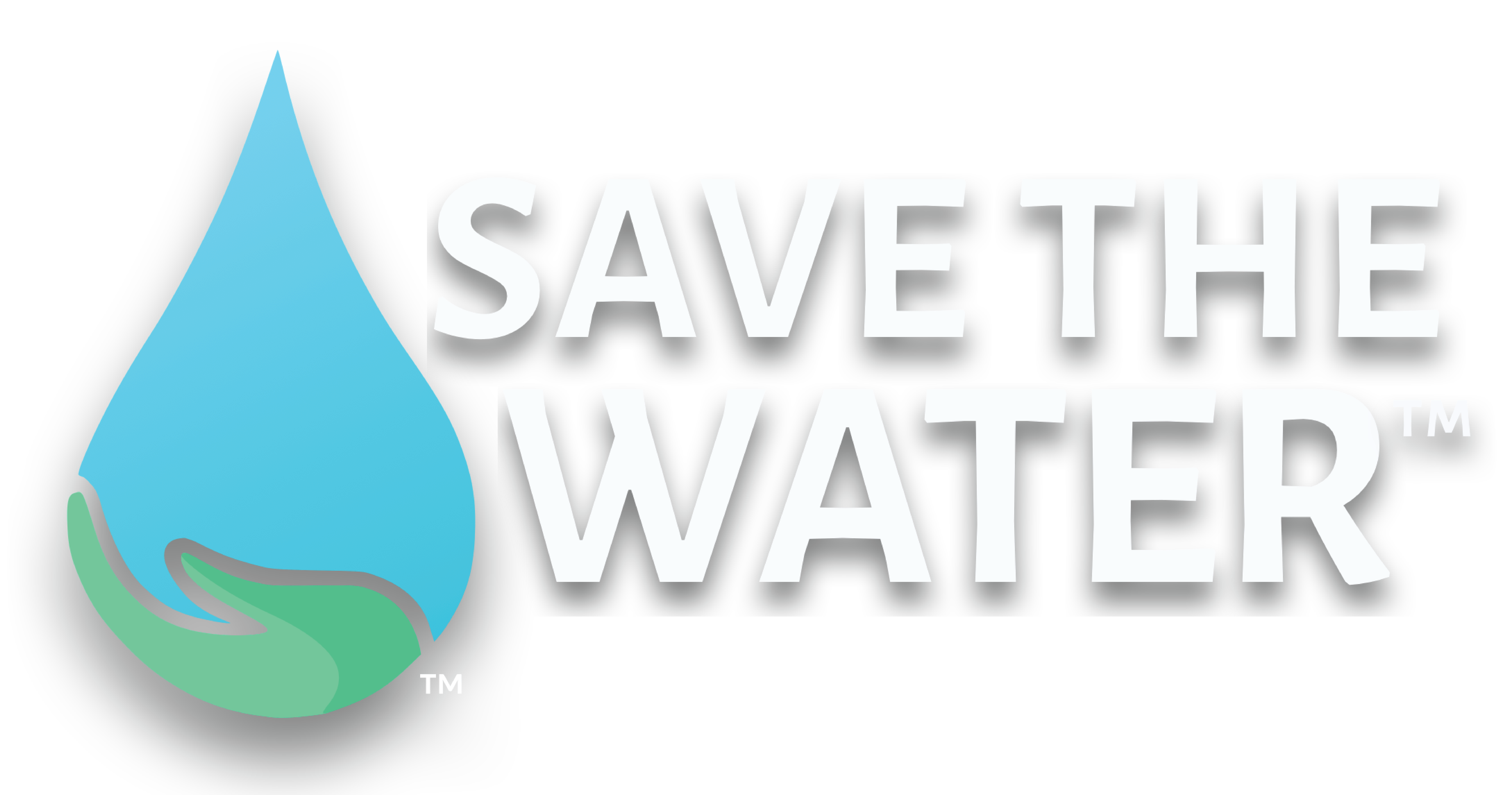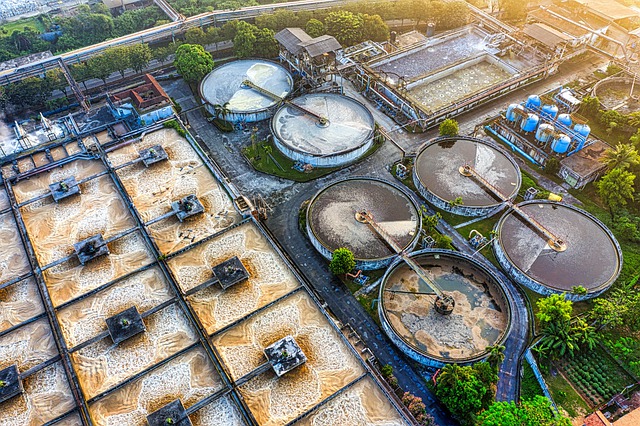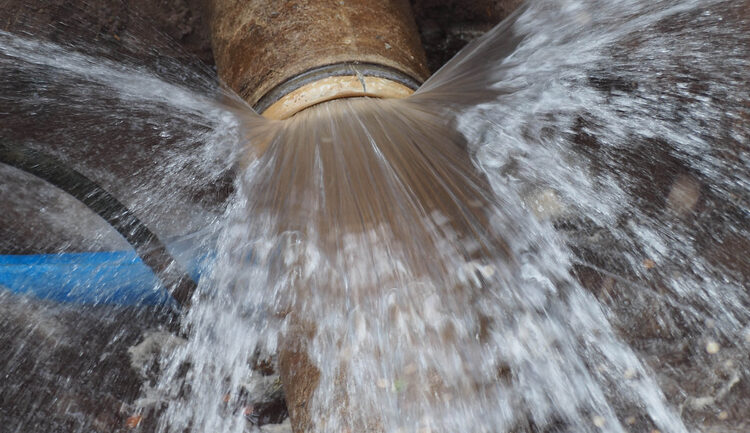By Brigitte Rodriguez, Associate Researcher & Writer for Save The Water™ | October 1, 2022
In recent years, scientists have been developing more new technologies for water desalination. However, these technologies use large amounts of water and energy. For this reason, researchers from the University of Central Florida have presented a sustainable technology: seawater batteries.
Seawater batteries are a major technology that can save energy during seawater desalination. They do this by removing salt ions from seawater. They’re recognized for their “sustainable, environmentally friendly, performance-oriented, and cost-efficient applications at the energy and water nexus.”
What is Desalination?
Many countries use desalination to remove salt and other minerals from water. As a result, they can use the water for human consumption and other uses.
However, desalination also presents a series of negative impacts to the environment:
- It requires a large amount of energy.
- It’s a danger to the marine ecosystem and its biodiversity.
- It presents a risk to water quality and creates a change in coastal ecosystems.
On the other hand, desalination is a global activity. Many industries use it in order to preserve sufficient access to fresh water supply for all people.
According to UNICEF, by 2040, roughly one in four children worldwide will be living in areas of extremely high water stress. Therefore, we must take care of water resources for current and future generations.
What are Seawater Batteries?
Seawater batteries consist of a dual process in which they store energy at the same time that they remove salt ions from water. Scientists use seawater batteries for desalination projects.
How do Seawater Batteries Help the Environment?
Seawater batteries are an eco-friendly solution for desalination. This is because they replace toxic and flammable batteries that can affect soil and pollute bodies of water. Seawater batteries are more durable, so we can use them in the sea and in extreme conditions, like strong wind and heavy rain.
Furthermore, seawater batteries are a way of using clean energy. They can store energy through the conversion of seawater into renewable energy.
Other Technologies to use
Currently, there are several innovative technologies available to use in desalination:
- Reverse osmosis (RO): RO is an option for removing salt ions and molecules in water. It uses a solvent that passes through a membrane. In other words, the solvent (water) moves from a low to high area of solute concentration.
- Electrodialysis (ED): ED is a process in which a semipermeable membrane uses electric potential, which is the amount of energy required to move a charge. It’s used to remove ions from water. A disadvantage is that it only moves charged particles.
- Multi-stage flash distillation (MSF): MSF consists of a multi-phase process that involves desalinating the water distilled from the sea. Basically, a part of the water turns into steam through several stages by using heat.
Scientists continue to work to find out more about how to improve technologies for desalination. They’re still making technology to reduce the effects of desalination in water.
Future Perspectives
Many researchers have been working on durability, extending the product’s life, and increasing its storage system. They expect to create this technology through materials science, new engineering processes, and battery developments. Further research will improve this technology for wider applications.
What can you do to Save Water?
There are a few ways you can preserve water:
- Take part in public awareness campaigns to draw attention to desalination.
- If you live in a country or region with water bodies at risk, urge your government to better manage cleaning sewage and wastewater.
- Reduce water usage by taking shorter showers, and don’t forget to always check for water leaks.





